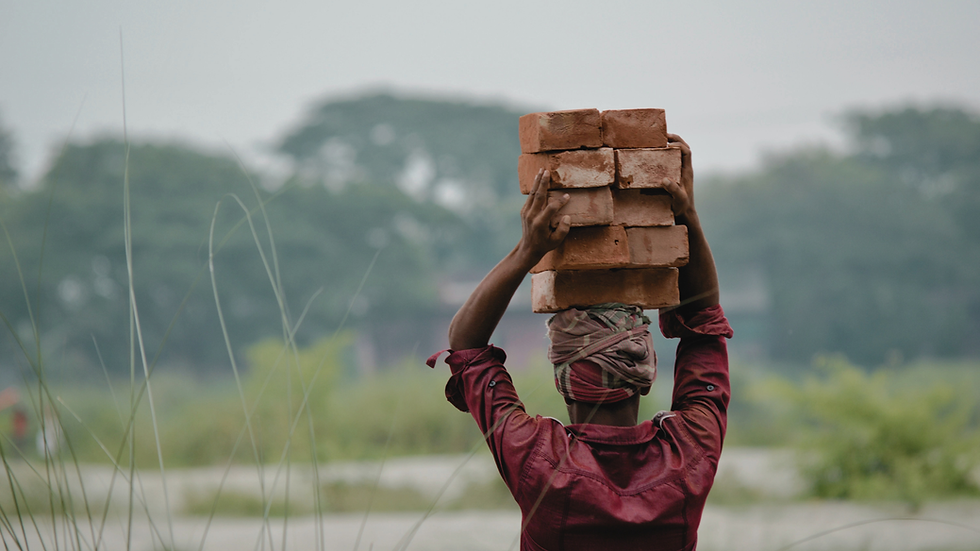The Anxiety of Certainty: Lessons from Conclave (2024)
- Rana Khan

- Feb 25, 2025
- 3 min read
Updated: Jun 23, 2025
The Search for Certainty in an Uncertain World
Recently, I watched the movie Conclave (2024). It’s a gripping political thriller that has already made waves this awards season, earning a nomination for Best Picture at the upcoming Oscars, winning Best Film at the British Academy Film Awards, and taking home Best Screenplay at the Golden Globes. The film delivers wonderful acting and writing, drawing you into the high-stakes drama that unfolds when a powerful leader passes away and the process of that leader's succession.
What fascinates me about stories like this is how they reveal the raw aspects of human nature that are otherwise concealed—our longing for power, our capacity for deception, and our idealism. There’s something about moments of transition and uncertainty that reveal who people truly are, not just in the world of politics, but in everyday life as well.

The Connection Between Certainty and Anxiety
There was one scene that really stood out to me in particular, especially in connection with my experience as a psychotherapist. Cardinal Lawrence, played by Ralph Fiennes (you might remember him as Voldemort), delivers a sermon where he says:
“Let me tell you, there is one sin which I have come to fear above all others. Certainty. Certainty is the great enemy of unity. Certainty is the deadly enemy of tolerance… If there was only certainty and no doubt, there would be no mystery. And therefore no need for faith.”
You can watch the full clip here:
This line stood out to me because as a psychotherapist, I have often thougth about anxiety as a desperate desire for certainty. More specifically, anxiety is fuelled by the desperate need for certainty. Anxiety thrives in uncertainty. When we feel uncertain about what’s coming next, our minds race to fill in the blanks, sometimes with worst-case scenarios or imagined threats. We search for certainty, believing that if we can just be sure of an outcome, we’ll find relief. But the harder we chase certainty, the more elusive it becomes, and the more anxious we feel.
Shifting Uncertainty with "Faith"
What Cardinal Lawrence suggests is that, rather than scrambling to eliminate uncertainty, we might consider what we place our trust in. To him, the solution is to fill that uncertainty with faith. To me, in this context, faith doesn’t have to be religious—though for some, it is. Faith can mean trusting in yourself, in the people around you, in the information you have available to you. It can mean embracing the unknown as part of life rather than something to be feared.
This idea isn’t about blind optimism or pretending everything will be okay no matter what. It’s about shifting your focus. Instead of demanding certainty before moving forward, we can practice tolerating the discomfort of not knowing and still taking the next step. We can remind ourselves that uncertainty isn’t always a threat—it can also mean possibility, change, and even growth.
The more we try to control everything, the more anxious we become. But when we loosen our grip and allow ourselves to sit with the unknown, we create space for trust—trust in ourselves, in the process, in whatever "faith" means to us. Maybe that’s what allows us to move through the anxiety of uncertainty with a little more peace.
So the next time you feel anxiety creeping in, ask yourself: What can I put my trust in? Where can I find stability that isn’t dependent on having all the answers? Maybe, like Cardinal Lawrence suggests, certainty isn’t the goal at all. Maybe learning to live with a little mystery is what gives life its depth.
If you struggle with anxiety, we're here to help you talk it through. Book a free phone consultation with one of our therapists and learn how we can support you.
.png)



Comments